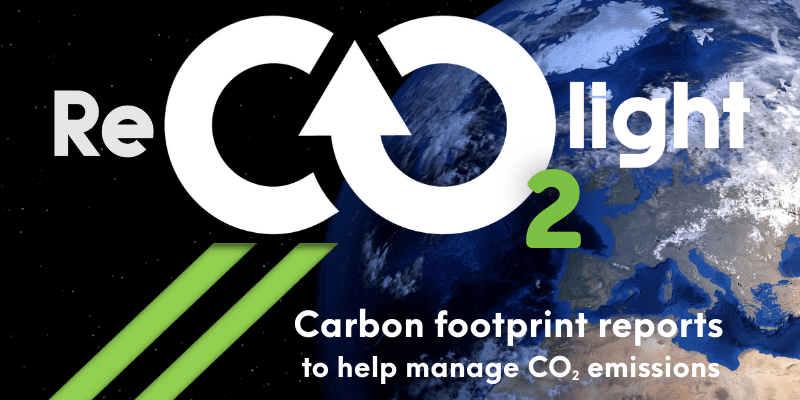A new study appears to show that, for decarbonization goals of steel and cement to be met, and the demand for new green technology to be satisfied, consumption habits need to change.
To meet zero-emission targets under the Paris Agreement, countries, cities, and industries are depending on new large-scale infrastructure for CO2 transport and storage, renewable electricity and green hydrogen. One slight problem: The quantities of steel and cement required for such projects. After all, both materials have a significant carbon footprint.
A new study by researchers at the National Institute for Environmental Studies, Japan, and the University of Cambridge seems to show that the current rate of deployment of this infrastructure is insufficient. The study argues that changes in how steel- and cement-based materials are used or consumed must also be considered for the Paris targets to be met.
The study, led by Dr Takuma Watari, unveils a significant gap between anticipated and actual infrastructure deployment. For instance, scenarios made by the International Energy Agency (IEA) in 2010 estimated that nearly 200 million metric tons of CO2 from the steel and cement industries would be captured and stored by 2021. However, Watari and his colleagues found that this number was woefully off; in reality, the amount was only 1 million metric tons, which questions the 2000 million metric tons expected by the IEA to be captured and stored by 2050.
“We are not saying that the existing scenarios are physically or economically unrealistic. But simply waiting for new infrastructure to emerge and solve all our problems away is a very risky way of tackling the problem, given the scale of the challenges and the limited timeframe,” said Watari.
Assuming infrastructure deployment based on historical trends and current construction plans, the study goes on to further show that the supply of steel and cement in line with carbon budgets based on the Paris Agreement will not meet demand.
“We need to be well prepared for a future shortfall between feasible supply and expected demand,” noted Watari. “The construction and manufacturing industries will have to provide the same level of services with less material by changing the way products are designed, used, and disposed of.”
To quantify the sense of the scale of action required, the study provides a benchmark in line with the estimated feasible supply: following Paris-compliant budgets, the same level of services with 60% less material use in construction and 40% less in manufacturing is needed.
On a positive note, the study found that the limited feasible supply at present is on pace to satisfy the basic needs of a growing world population. Indeed, the global material demand for the provision of basic needs such as electricity, water, sanitation, shelter and mobility, is far less than the estimated feasible supply.
“The challenge is more about equitable distribution than total quantity,” said Watari. “We recommend a greater responsibility be placed on high-income countries, which have much larger in-use material stocks than low-income countries.”
















